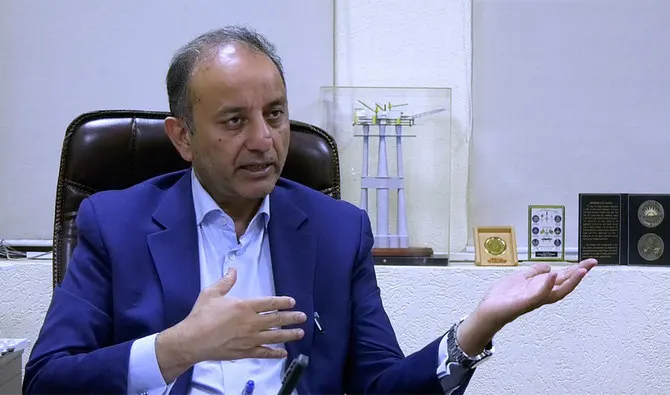Former Minister of State for Petroleum, Senator Musadik Malik on Saturday said, “Pakistan’s 250 million people need energy, and the country do not have sufficient energy while utilisation of energy is also low, but its crucial to increase its GDP.
He said environment and energy production and utilisation are closely linked due to its crosscutting nature and multi sectoral impacts.
He was speaking at the Centre for Peace and Development Initiatives (CPDI) organized first ever all parties’ conference here to draw attention to the importance of high-level political commitment for urgent, synchronised, and decisive steps towards Just Energy Transition (JET) from fossil fuels to renewable sources of energy, All major political party representatives participated in the event, and in total more than hundred participants attended the meeting.
Senator Malik while representing the Pakistan Muslim League Nawaz (PML-N) said, “Due to air pollution only the rich can breathe because they can afford machines to clean air for themselves. We need to look at the complexity of the energy problem. Solar, run of the river, and wind hybrid solution can be very helpful”, he added.
“Pakistan’s dependence on fossil fuels for energy is not only a major cause of our growing import bill and the consequent balance of payment crisis but also of environmental degradation and climate change resulting in higher temperatures, more intense smog in winters and increased frequency and intensity of natural disasters like floods”, said Executive Director, CPDI, Mukhtar Ahmad Ali while inaugurating the all parties conference on energy.
“This situation calls for top-level political commitment for urgent measures to reduce dependence on fossil fuels and substantially increase the share of renewable sources of energy like solar, wind, small hydro in our overall energy generation and consumption.”, he added.
“The political parties must commit to Increase the share of green and clean renewable energy in the overall energy generation installed capacity to at least 35% by 2030, devolve the power generation, transmission, and distribution in accordance with articles 157 of the constitution, and 2/3 electricity generation shifted on local energy resources”, he added.—APP










